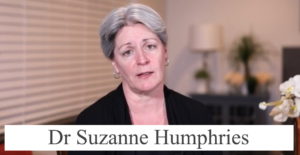FDA’s advisory group approved reformulated tri-valent COVID-19 booster shots with no testing needed.
On June 28, 2022, the FDA's advisory body, VRBPAC, met and voted 19 to 2 to move forward with the next wave of COVID-19 booster shots to include a component that targets the Omicron variant. The tri-valent boosters will be formulated with the obsolete Wuhan strain plus the BA.4 and BA.5 Omicron variants, even though there is little data. [2, 3] The urgency of this matter was pushed because vaccine manufactures wanted a vaccine strain selection by June 2022 in order to deliver shots for autumn/fall supply. On Saturday June 25, 2022, the FDA released their "strain selecting guidelines", the proposed "Future Framework" for addressing future COVID-19 vaccine strain composition. [1] The FDA will not require clinical trials for these strain changes! The briefing document states: “The evaluation of modified vaccines for the purpose of vaccine strain composition decisions will need to rely mainly on comparative immunogenicity data due to the time constraints involved in vaccine manufacturing and clinical efficacy evaluation.” Skipping clinical trials all together. The FDA assume the vaccines are safe (even though they are still emergency use), and with regards to effective, they will determine this simply through achieving an antibody response! WATCH





